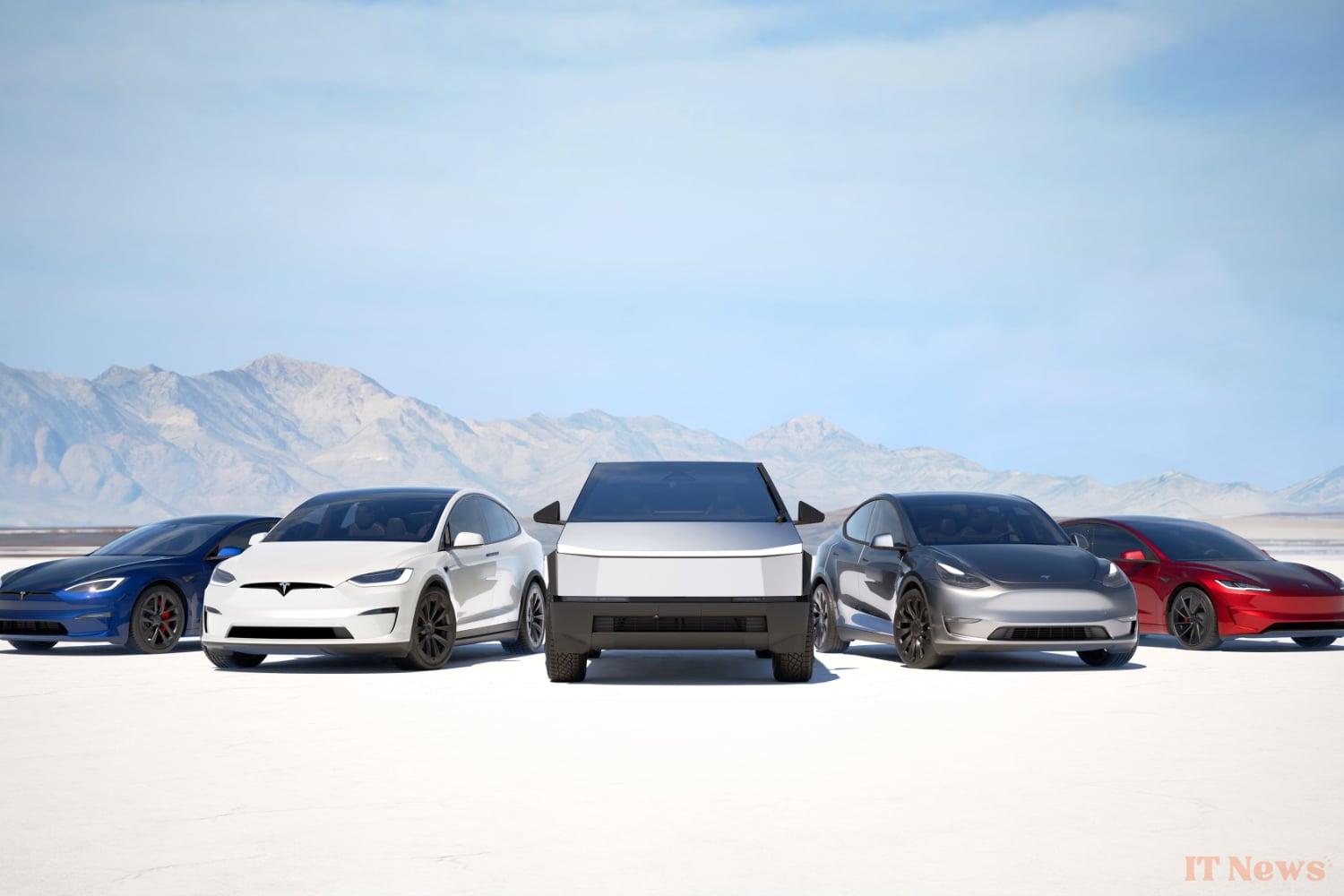While Tesla was not profitable in terms of sales until 2021, its shareholders could still discover quarterly balance sheets in the green, thanks to a source of income that may have saved the manufacturer in its most difficult periods. As a brand that only sells electric cars, Tesla found itself, like other car manufacturers, with carbon credits.
Unlike its competitors, these were of no use to it, since its strategy was never going to involve the release of a thermal engine. Thanks to the possibility of pooling emissions by reselling carbon credits in Europe, Tesla has generated billions of dollars in profits, by transferring these pollution rights to automotive groups such as Stellantis, whose sales of thermal cars are still essential to its financial health.
We were mainly talking about carbon credits and Tesla until 2021, before certain groups such as Stellantis decided to emancipate themselves, indicating that they wanted to respect "autonomously the limits on carbon dioxide emissions from this year", said Carlos Tavares, the former boss of the group in May 2021.
Water has flowed under the bridge and in 2024, with the decline in interest in sales of electric models and the increase in carbon emissions restrictions by the European Union, interest in carbon credits has picked up again and 3% of the $72 billion in revenue generated by Tesla in the first nine months of 2024 came from the sale of carbon credits, or $1.79 billion.
In 2025, a new "green deal" between Tesla and manufacturers
The year 2025 is likely to be even more profitable, as a "green deal" has reportedly been signed between Tesla and several manufacturers, including the Stellantis group again, Ford and Toyota.
Tesla reportedly filed a "declaration of intent" on Monday to form a "pool" of manufacturers with Brussels, reported analyst Matthias Schmidt and quoted by Les Echos. An organization in preparation for the average authorized CO2 emission threshold that decreases by 15% in 2025, for a maximum emission of 81 grams per kilometer for each new car introduced on the road. The Brussels fine is estimated at 95 euros per additional gram of CO2 emitted by each car, enough to make manufacturers pay very dearly.
The use of carbon credits is therefore essential for them and the return of Stellantis to the market is a good demonstration of this. The absence of other manufacturers, such as Renault and Volkswagen in Tesla's pool does not mean that these companies do not need them. As for Renault, the diamond brand could get closer to the Chinese group Geely, its partner in the Horse entity. Volkswagen should also use Chinese manufacturers.
Source: Les Echos



0 Comments